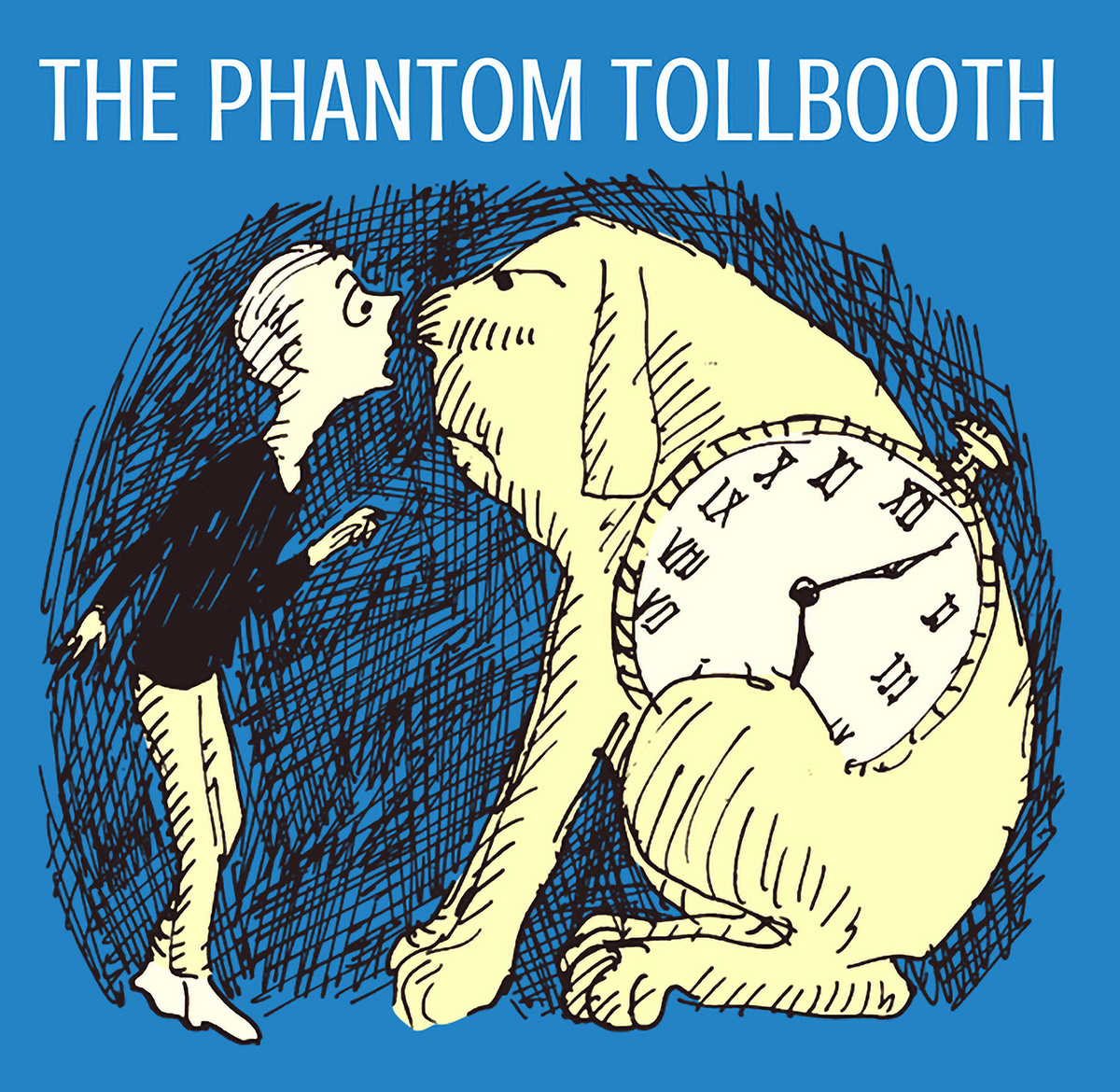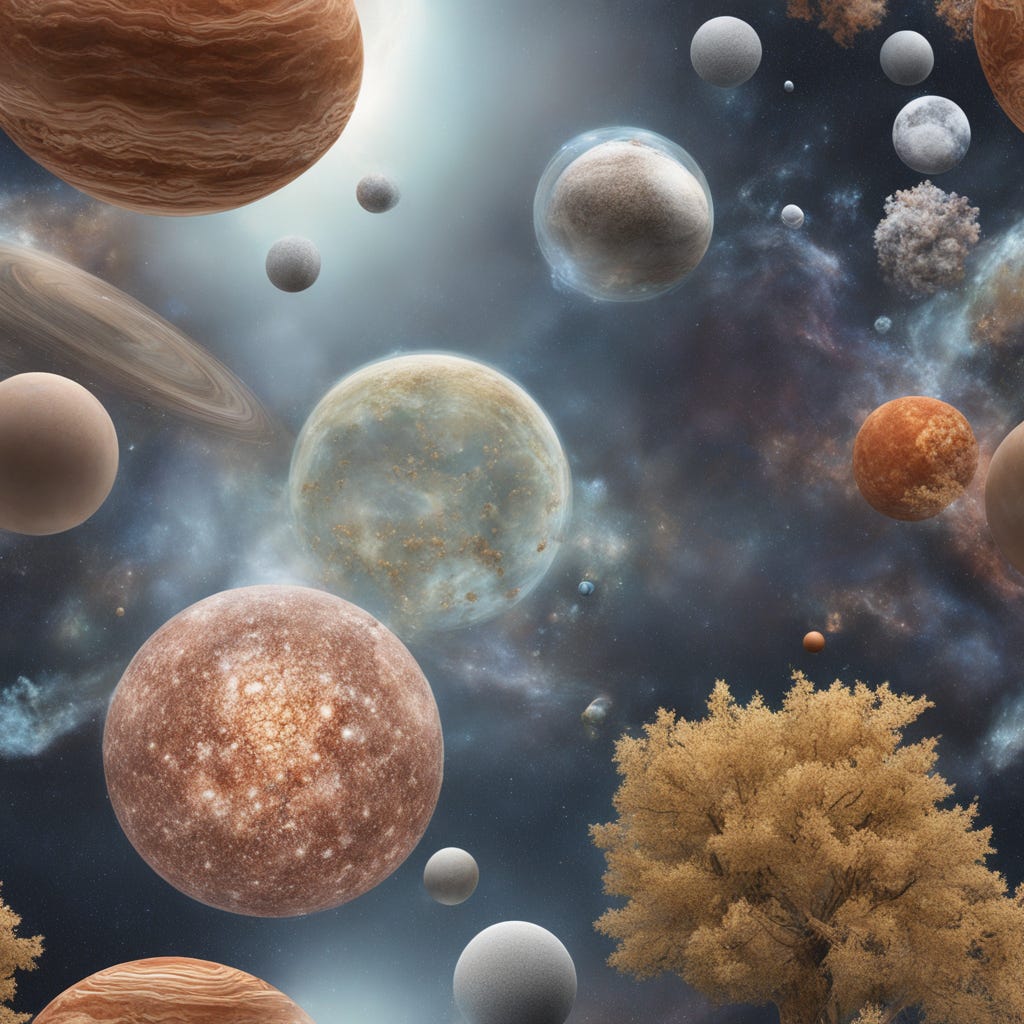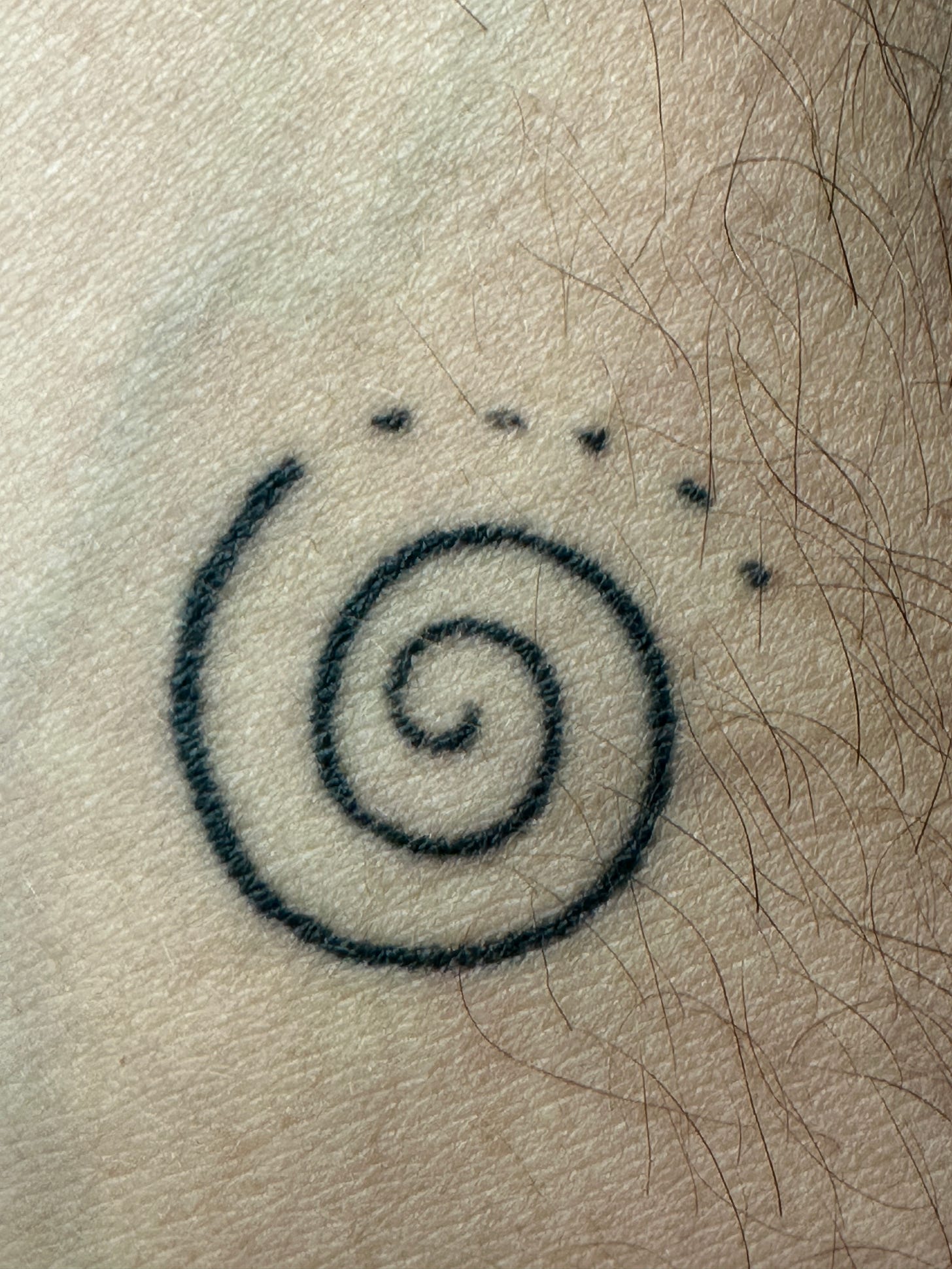It's been a wild ride, this move from California to Oregon.
A tangle of tendons and nerves getting massaged out.
Arriving just in time for Pacific Northwest Winter.
Chasing the sunlight and feeling the desire to sun my asshole just to soak up every ounce.
I’m discovering that people-pleasing is just a different angle of narcissism.
Here are some thoughts that have been percolating. Click play if you can
I never get lonesome Never in the day Never do I worry I've got nothing to say I never get lonesome Nothing to deplete Never do get hungry Got no mind to eat I never get lonesome Especially in the night and you are gone
When I was 13 years old, I filled pages of my journal trying to untangle different angles of loneliness. I’d write “Lonesome. Lonely. Lone. Alone. Loner” and then explore lengthy definitions of each one.
I’d recently read The Phantom Tollbooth and felt like my literary cherry had been popped. I became obsessed with language and how words splice up experience into a million little slivers. It was the first time I’d ever read stuff like this in a kid’s book:
“Have you ever heard the wonderful silence just before the dawn? Or the quiet and calm just as a storm ends? Or perhaps you know the silence when you haven't the answer to a question you've been asked, or the hush of a country road at night, or the expectant pause of a room full of people when someone is just about to speak, or, most beautiful of all, the moment after the door closes and you're alone in the whole house? Each one is different, you know, and all very beautiful if you listen carefully.”
I don’t know, stuff like this just hit me: language is a tool we use it’s not just a soup we’re swimming in. There’s this scene where they are at the farmer's market, but instead of vegetables and fruits, they buy and sell words, letters, and punctuation, and I saw how we bargain for meaning with each word we use. The origin of the word spelling is casting spells.
I was 13, starting high school, feeling lonely. So, I became hyper-focused on understanding the shadows and crests of loneliness and how to describe it.
My journal entry went like this:
Lonesome: Usually a bit tragic but respectable. Self-sufficient. Legubrious.
Lonely: Eeyore. Tragic. Lonely people tend to talk a lot about their loneliness. It’s a feeling. Elliott Smith.
Lone: Lone Wolf. Lone Ranger. Romantic. Talented. Strong. Admirable.
Alone: Matter of fact. You’re sitting at a table with a friend, then they leave, and you’re alone. When someone tries to start a fight, you say, “Just leave me alone.” Bodily. Physical.
Loner: Kind of like a lone ranger but prepubescent. This word has some derogatory tingles to it. Hoarders are loners. Loners are kind of freakish.
Each word is just a sliver of the concept of loneliness we perceive as it splits through the prism of culture and our experiences. These words represent the different ways we view more or less the same behavior in someone. For every feeling, characteristic, vibe, etc., we have a collection of words to describe what arises from each different social angle.
Intelligent Design
All the lonely people Where do they all come from? All the lonely people Where do they all belong? I look at all the lonely people I look at all the lonely people.
Sadly, Intelligent Design people took that name because the universe does have intelligence. We are proof of it. That’s the funny part of asking if the universe has intelligent life. Yes. Apart from having to eat something to harness the energy needed to keep on living, there is something else (I believe) that every soul on Earth and off Earth understands: loneliness.
Ask yourself if a sea cucumber ever feels alone. It’s a dumb question. They might not feel lone, or lonely, or lonesome, but they definitely feel alone. That’s the sliver of loneliness their experience allows.
Yes, sea cucumbers feel alone.
There is surely a chance I’m anthropomorphizing, but I think feeling lonely is the litmus test for intelligent life. If we could contact every civilization and soul in the galaxy, I’d imagine many of them might have also looked out at the stars and wondered if they were really alone. Even if they didn’t wonder about this, they might be surrounded by their friends, and then their friends all walk away, and they are left alone in the desert. There’s that feeling of loneliness welling up again.
Okay, sorry I got all aliens there on you. Biological life isn’t really what I wanted to talk about, I wanted to talk about how things like loneliness, pain, and other core elemental feelings associated with being alive permeate throughout the universe. The words we use to describe them are just like naming stars—we do it as a practice of defining something intangible but present.
God’s Shirt
Everything about life seems to be about patterns. The pattern of cauliflower, the patterns in our skin, on our shirts, in the weave of our shirts. There’s even a pattern in the shirt's weave on the back of the person weaving your shirt for you.
There are patterns in how people behave toward one another too; I’m sure you could visualize them as a mycelial network of their own. For now, we will have to settle for the DSM.
But I like to imagine these behavioral patterns as animalistic species that evolve, go extinct, and adapt, rather than definitions in a dictionary. Certain people respond one way, and other people respond another way. It all feels familiar like we all saw it in the same movie. These species of behavior have ways of being and interacting. We tend to ask whether or not we learned certain behavioral patterns from television, movies, or our parents. But “Who came first the chicken or the egg?” isn’t an earnest question because we all know the chicken is the egg. We are all part of the weave of God’s shirt. We made the movies and the movies made us.
Each word for loneliness describes a different emergent pattern or behavior relating to loneliness. They are different species of loneliness. And this genus of loneliness, which contains all those species, is an entity that exists out there in the universe. Like it’s own kind of interdimensional element or entity, loneliness sits beside pain and fear of death as a reality of waking life in our galaxy.
Now, of course, Kim Kardashian also exists out in the universe as a concept that an alien might understand and even conceive of, but she exists on a wafer-thin plane most aliens wouldn’t have the intelligence or ability or even want to perceive. On the other hand, pain, loneliness, and death feel like unavoidable behemoths that permeate every inch of the universe.
All living things engage in pattern recognition. Even a krill knows where it is and how it’s related to the whole group. This is why pattern recognition is considered a mark of intelligence; it is the mechanism of evolution. We’re all fishing for interesting patterns in the energetic goop of conscious life. Like fishing, sometimes you get a behemoth, and sometimes you get a wafer.
Waking life, and often sleep, is a treacherous bog of hormones, sensory input, and external events. It can feel thick and messy. Sometimes, it can feel free and easy. Language is the attempt to achieve exactitude in describing what you might be able to harvest from that bog. David Lynch says it this way:
I Lied, I Get Lonesome a Lot
I’ve been feeling very lonely since we moved. 😞 It’s been hard to say out loud because
I have a wife, kids, dogs, a loving extended family, and so many good friends, so it feels like I don’t deserve to feel lonely. Being lonely must mean I’m ungrateful. Unwell even.
I tend to get lonely in my relationships. I feel disgruntled. That disgruntlement comes out as bitchiness. And then I break up or get divorced. I can’t do that here. I love my wife too much, and I love my kids too much. I trust in my decisions to be here, now.
I got a tattoo of a spiral a few months back to remind myself that time is non-linear. When I get into arguments with Marley that feel freakishly similar to arguments I had with my ex-wife, instead of dipping into despair that I’m the problem and will always be the problem, I rejoice in the fact that I’m just passing by something I’ve already experienced and will experience again, each time as a new collection of atoms exhibiting similar patterns of behavior in a new place and time. We have been here before, we will be here again. We are lost and found at the same time.
I’m learning a lot about myself these past few weeks, and I don’t really like what I see. I see someone who steamrolls himself and then blames the steamrolling on others. I see someone who means well but maybe uses people-pleasing as a form of control or manipulation. I see someone who would be so much happier if he released the reins. I sleep with mouth tape at night to stop snoring, and I’ve been feeling the urge to wear it all day because life is so much easier without me opening my stupid mouth.
Mouthtape won’t take away the blues though.
I’m learning a lot about myself these past few weeks, and I like what I see. I see someone who loves making a nice life for his friends and family. I see someone who loves to share knowledge and create intimacy, safety, and warmth. I see someone who isn’t letting life pass by. I see someone doing their best, and it’s going okay.
I’m learning to see both sides of every pattern of behavior I’ve come to employ.
Pain, like loneliness, is just another entity darting through the universe. Rocks don’t feel pain, but as they tumble around the universe, they too undergo changes in form, phase, and dimension that while not markedly “painful,” are drastic, violent, or aggressive. I feel blessed to experience pain and loneliness the way I do and to do it alongside you all, and all the souls on Earth, and all the souls off Earth. I feel blessed by the pain because experiencing joy requires it.
I don’t feel ready—or am simply not in the mood right now—to claim that joy is a behemoth entity that permeates the universe. In this moment, the possibility of joy feels very human, and I’m grateful for that.
The journey to joy is bumpy. All I hope to do is stay aware and conscious of the terrain and keep using words to splice up these experiences.
Thanks for reading, have a good week.
Here’s a picture of my kids and a picture of some breakfast:


















